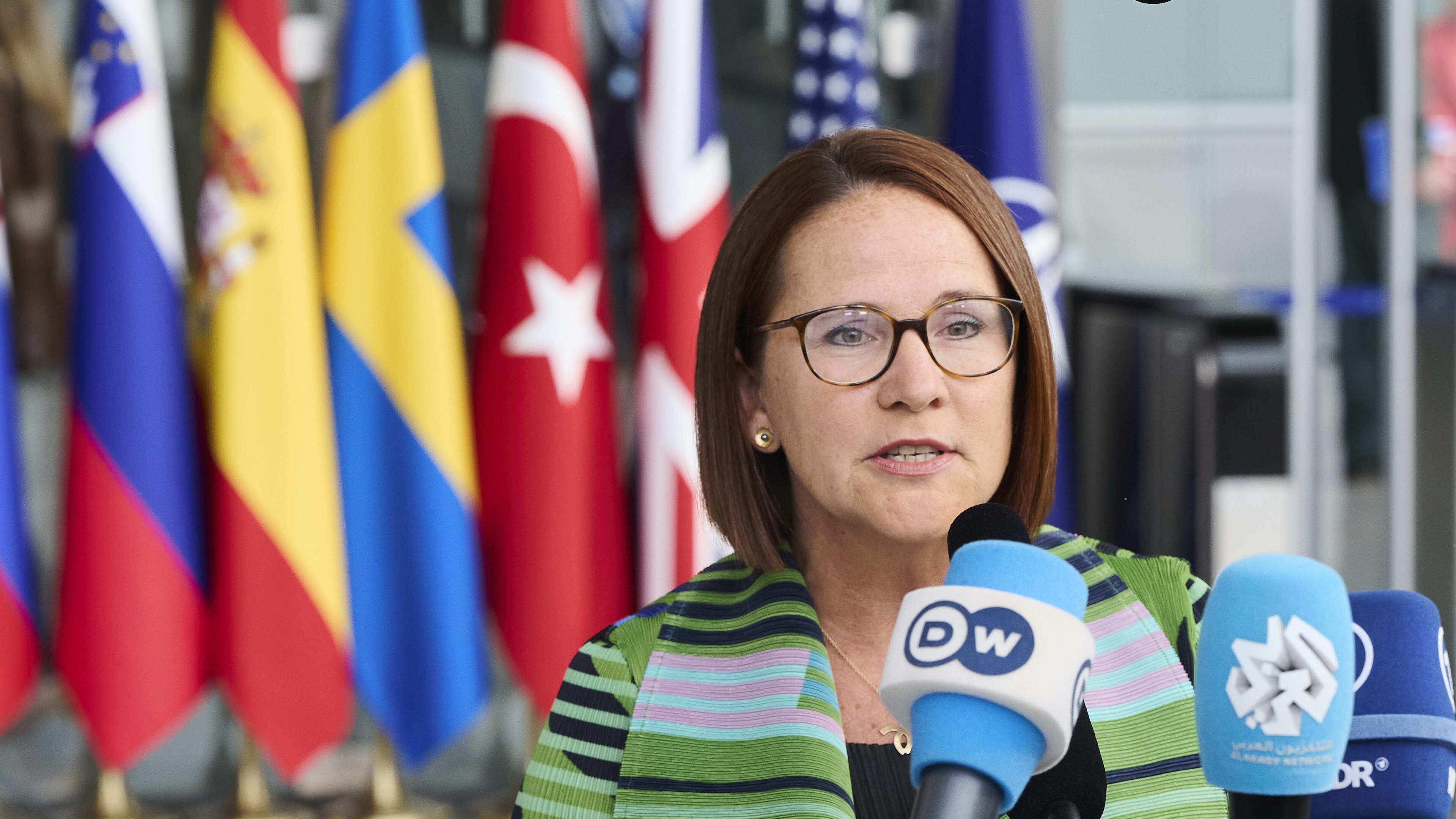Climate activists or neutral road managers? – altaposten.no
At a time when the green shift dominates the social debate, the Norwegian Public Roads Administration (SVV) has assumed a role that goes far beyond traditional road management.
With a strong focus on zero emissions and sustainability, one might wonder if SVV has become more climate activists than neutral road managers.
The consideration of existing truck park is forgotten
A clear example is SVV's handling of increased weights and dimensions for trucks. Despite the fact that the Transport Economics Institute (TØI) has concluded that this is both economically and environmentally sensible, SVV hesitates to implement the measures. This happens at the same time as electric trucks are allowed to drive with higher weights, regardless of the carrying capacity of the roads.
The result is that the existing truck park, which in the foreseeable future will consist of fossil vehicles, will not be given the opportunity to optimize its operations. This is despite the fact that increased weights will reduce the number of trips and thus the emissions.
Excessive fear of road wear?
SVV justifies its restraint with fear of increased road wear. But is this fear excessive? Our roads are built to withstand heavy transport, and with modern technology you can easily monitor and maintain the roads.
SVV seems to prioritize ideological goals of practical solutions. Instead of facilitating a gradual and realistic transition to zero emissions, they choose a confrontational approach that affects business and slows the green shift.
Business and Society losing
The result is that the business community is incurred unnecessary costs, and society misses the opportunity to reduce emissions in the short term. At a time when we need all good efforts to fight climate change, we cannot afford such a narrow and ideological approach.
It is time for SVV to return to its core task: to manage the roads in an efficient and responsible manner. This involves taking into account both environmental and financial consequences and facilitating a pragmatic transition to a greener future


/s3/static.nrc.nl/images/gn4/stripped/data133212332-41b949.jpg)

